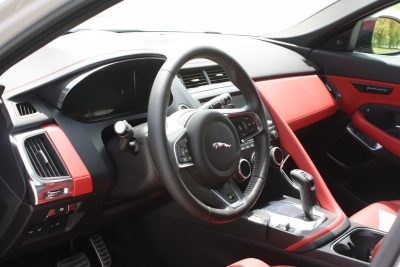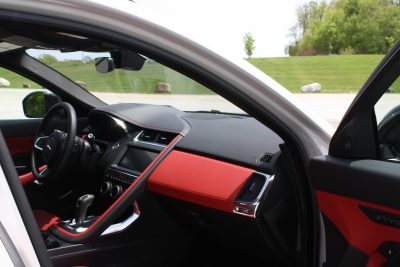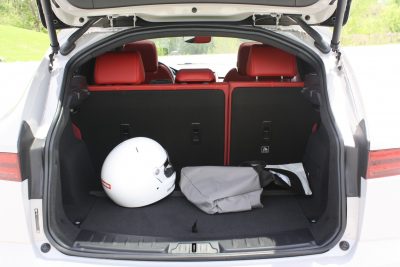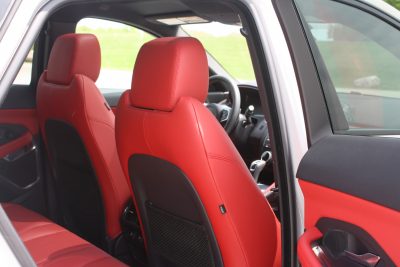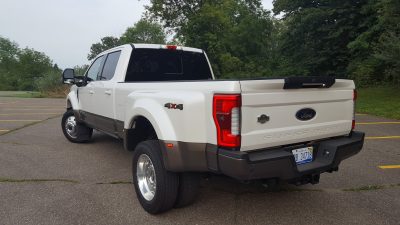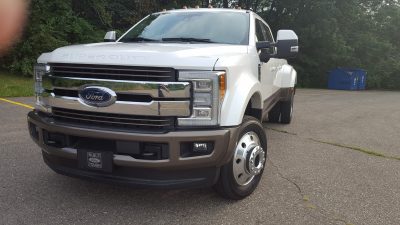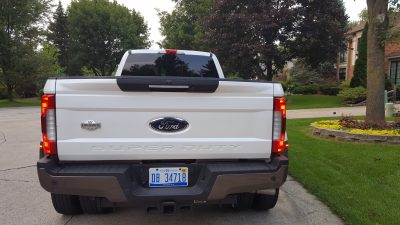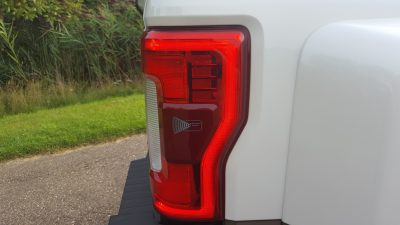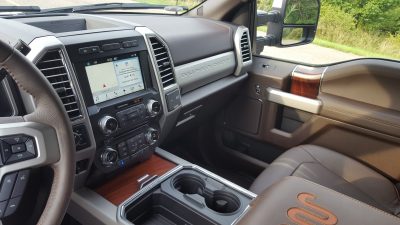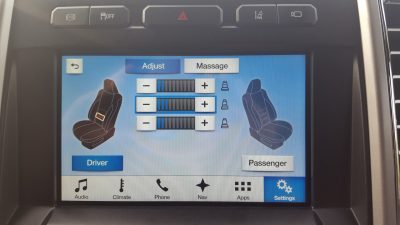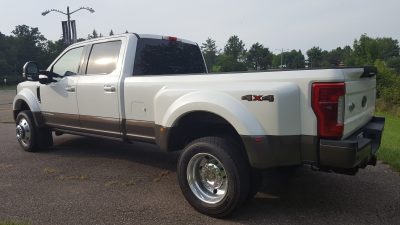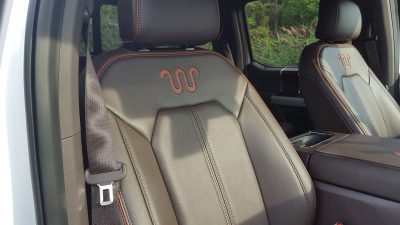Buying a car is always going to be a big purchase- even if it’s not a new or particularly fancy model. Aside from our homes, our cars tend to be some of our most expensive possessions, and so when it comes to purchasing we all want to know that we’re getting it right.
There are lots of different things to consider before going on a test drive then signing your name on the dotted line. Here are some of the different car buying situations you can find yourself in, and how to deal with them.
New vs Used
Most people purchasing a car will consider the new vs used dilemma. With lots of car finance options these days, buying a brand new vehicle is within reach of many more people and there’s no doubt that there are benefits. A new car is likely to be more reliable, you have a warranty to fall back on and you can be sure that it’s never been crashed or damage (and then fixed privately, off the books). New cars tend to be safer, they have modern technology making them easier and more comfortable to drive.
However, it’s common knowledge that cars lose their value quickly and so in terms of investment, it’s never going to be the best option. They’re very expensive to purchase which tends to be what puts most people off. Used cars on the other hand are cheaper to buy upfront, even ‘nearly new’ cars can cost thousands less meaning this is an attractive option. Decide whether you’ll go with a private sale VS car dealer– private sales often offer lower prices but there’s more risk involved if something goes wrong with the car. Dealers will usually offer some kind of warranty (usually engine and gearbox) and with them being a company there’s a little more protection for you if anything goes wrong.
If you’re trading in your current car and want the whole thing done in one transaction, going to a dealer can make things quicker and easier. You’ll get less money than you would for a private sale though, so it depends if speed and ease make it worth the lower costs that you’ll get. Selling your car privately first will gain you some extra cash, but then you have the time and hassle of people bartering with the price, emails back and forth, test drives and more. It can be worth running some checks to find out what your current model sells for online, and if it’s far more than the dealer is offering you for a trade- in price then sell it yourself. If not, go with what they’ve offered you.
Buying an imported car
Do you have your eye on a car that’s rare in the country you live in? Maybe you live in the UK but you have always dreamed of owning a stunning American muscle car, or maybe you’re in the US and it is a quintessentially classic English vehicle that’s your thing. Maybe it’s a speedy Japanese drifting car you have your eye on that you can’t get hold of where you live. Either way, if the make or model of car doesn’t exist (or in any large quantity) where you’re from then your only option might be to look abroad.
Lots of people can be put off importing a car as they think it’s going to be very expensive, but you might be surprised. Since the car itself might be cheaper than the sort of prices you’d pay in your country, it still makes it worthwhile even with the import fees. Do some research, find out what kinds of fees, taxes and other costs you’ll need to pay and price everything up.
When your car arrives at the docks in your country, you’ll need to consider how you’ll get it home. Since imported cars need plates (which you can’t get until you’ve had an MOT) taking it home on the back of a truck is likely to be your only option. You could get it yourself if you or anyone you know has a vehicle suitable to collect, otherwise you can usually arrange transportation from the docks themselves. Buying an imported car does have risks, when you’re not able to see the vehicle in person you need to make sure you’re buying from a reputable company. Ask lots of questions about the condition, history and ask them to take videos and pictures from all angles so you know exactly what you’re purchasing. Even things like the tread of the tyres shouldn’t be overlooked, as if you need to replace them all when it arrives then it’s an additional cost that you should negotiate off the vehicle. The main thing to be aware of when buying an imported car is the timeframe.
If you want to be driving your new ride within a matter of weeks then this option probably won’t be for you. Depending on where it’s coming from, it could take months for the ship to make all of its stops and get to you. Then you need to apply for the registration documents and plates which can take another few weeks. Patience is key, but if you’re waiting for the car of your dreams that you’ve been planning on buying for as long as you can remember then it’s so worth it. If you decide to sell your car later on, the fact that it’s rare can be a positive and a negative. It’s likely to take longer to sell since it’s less well known and will appeal to a smaller audience. But because there are less of them in your country, it will probably demand a higher price.
Buying a previously written off car
Cars that have been ‘written off’ have been deemed by an insurer at some point to not be economical to repair. However, they often end up back on the roads, with the vehicles being sent to auction and repaired. It all depends on the level of damage sustained, but Cat N (non structural damage) and Cat S (structural damage) vehicles are technically safe to drive once they’ve been repaired and there can be some considerable benefits to them. The main plus point being the price; if you’re on a budget, it could mean being able to afford the car you want versus it being completely out of your price range. In some cases, you can save hundreds- even thousands which can be enough to sway lots of people.
There are of course downsides however, which you’ll need to think really carefully about before taking the plunge.
Cars are written off for all kinds of things if it’s a less valuable or older car then something as simple as a smashed window or vandalized paintwork could be enough for it to be written off so it’s not necessarily been crashed. However, in many instances it will have been, and there’s no way for you to find out exactly what happened. The biggest concern here is that if it’s been badly repaired it could be a danger to drive, so it’s a risk that you have to take. However, with that being said, you could say that about any car you buy second hand.
If it was crashed and fixed privately (rather than through an insurer)then you’d simply never know, even if it had sustained real damage. If a car has sustained structural damage then there’s no real way to know, and it will never be as safe as it once was. If you’re buying a car to drive around a track, or do an occasional bit of leisure driving then it might be more appealing to risk the write off and save money. If you’re purchasing a car to drive your family around in day to day, perhaps that risk is less appealing. There are plenty of pros and cons here, so it’s something to think about.
Going into a car purchase with all of the information in your mind will make the transaction smooth. Know what to expect, and if there are any issues then you can haggle for a lower price while still remaining realistic. You know of any bumps in the road and hurdles you might face and can part with your money with your eyes wide open.
What’s the most complicated car purchase you’ve ever made? Have you ever bought a car in any of the above ways? Tell us about it at facebook.com/carrevsdaily

CRD Auto Industry Insider may contain helpful and on-topic partner content that auto enthusiasts and car shoppers find valuable.










